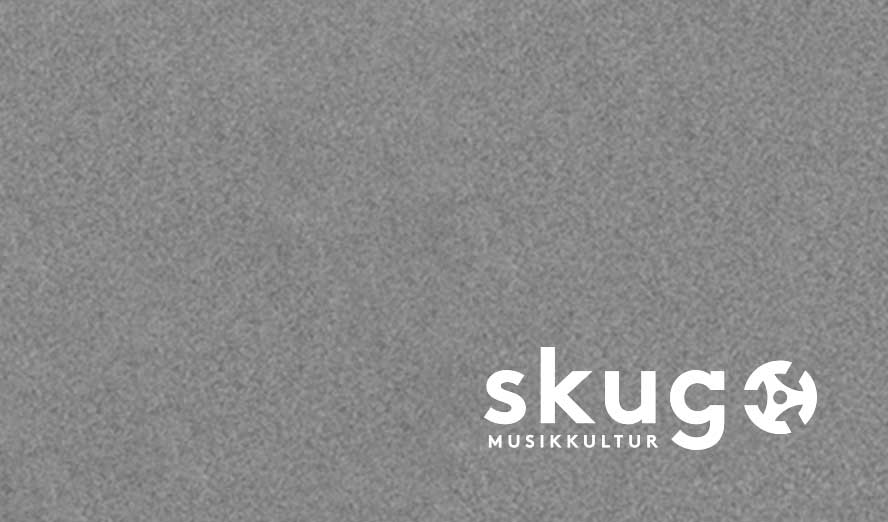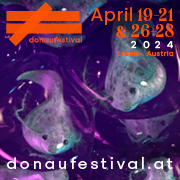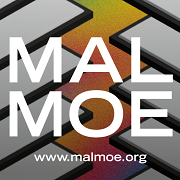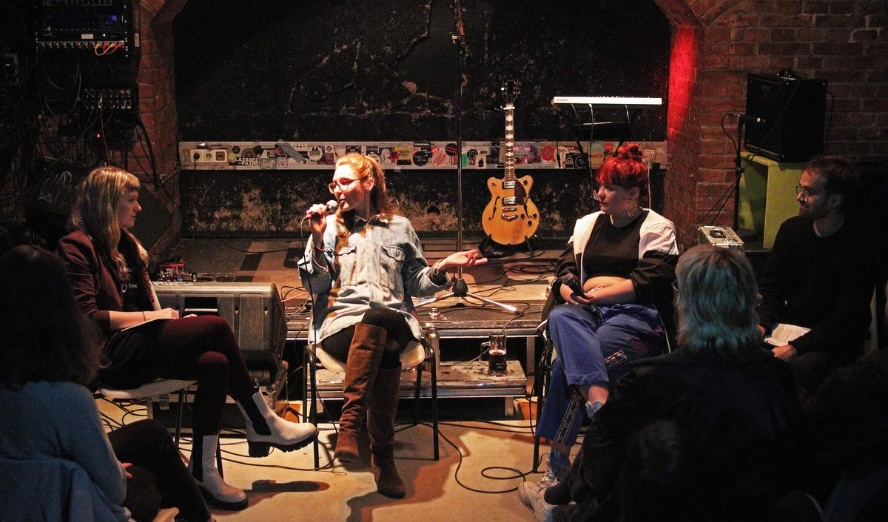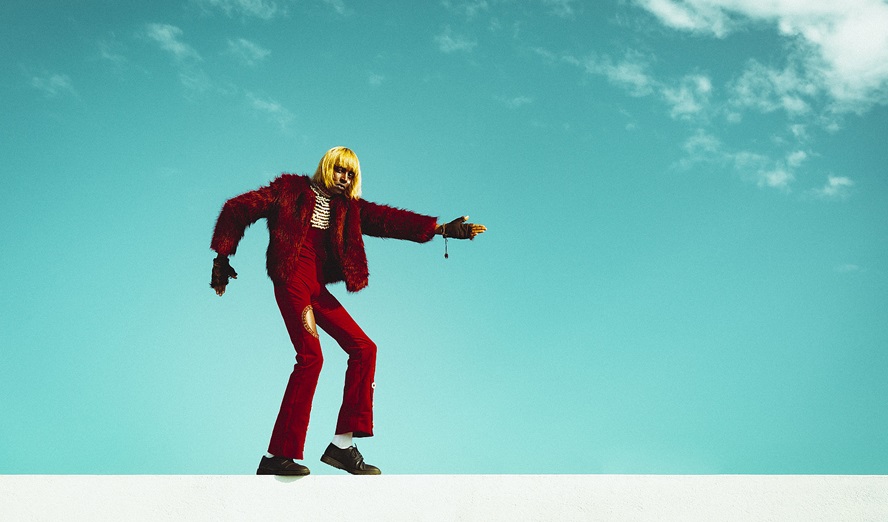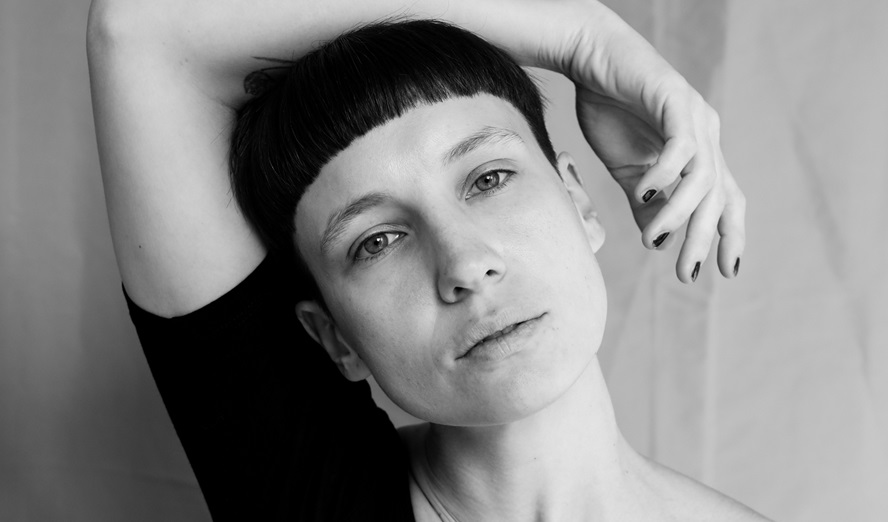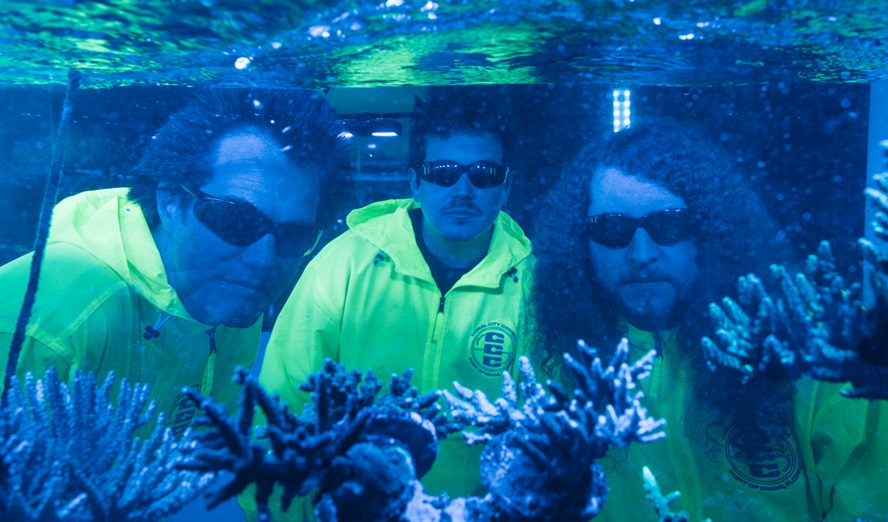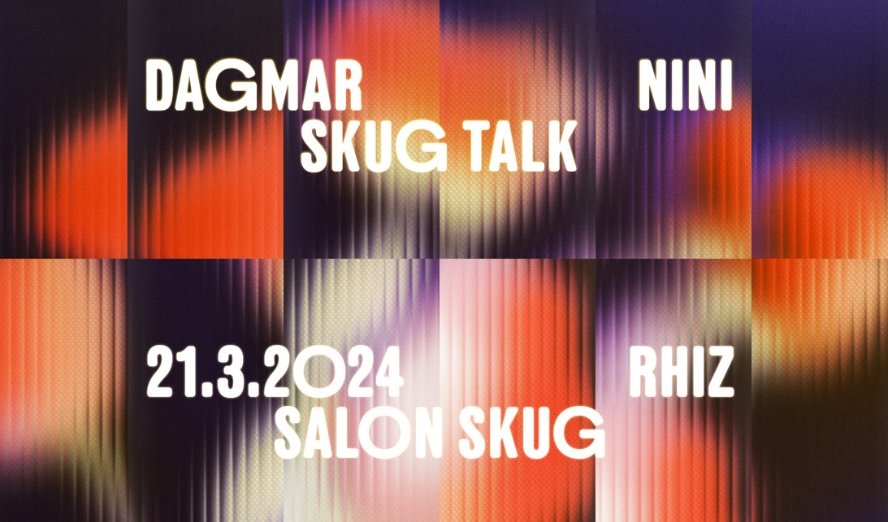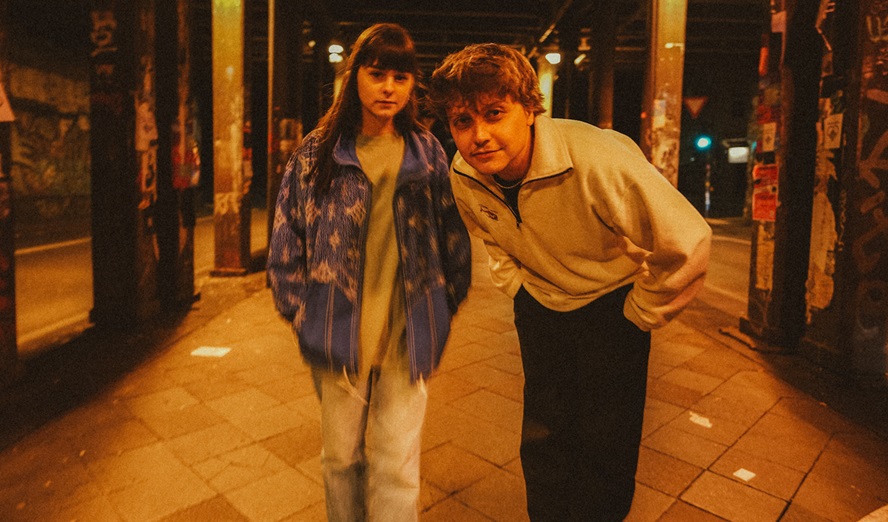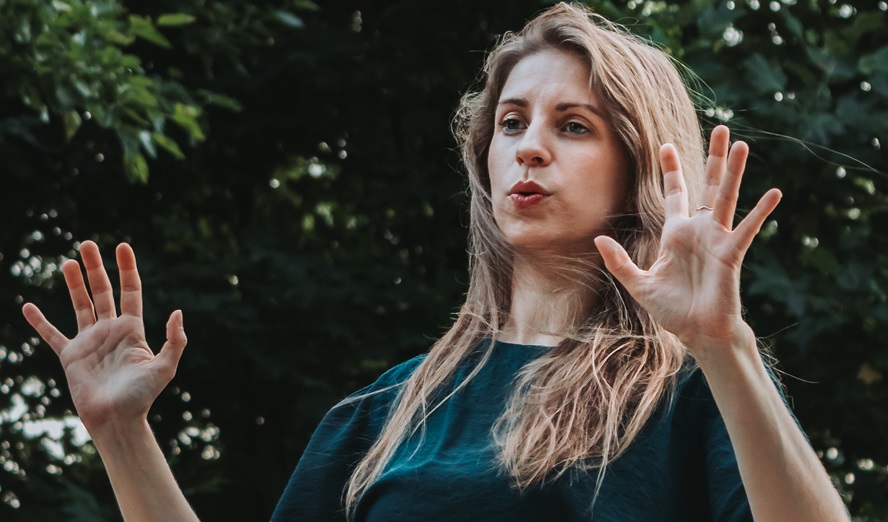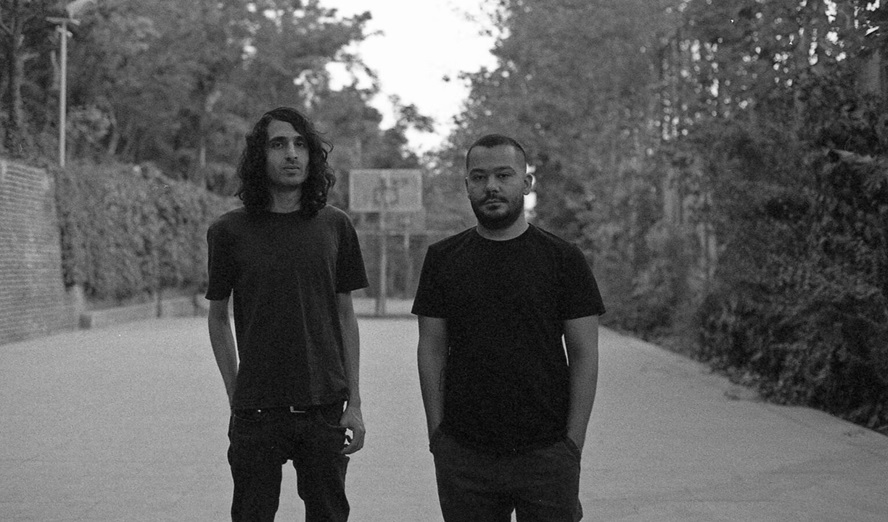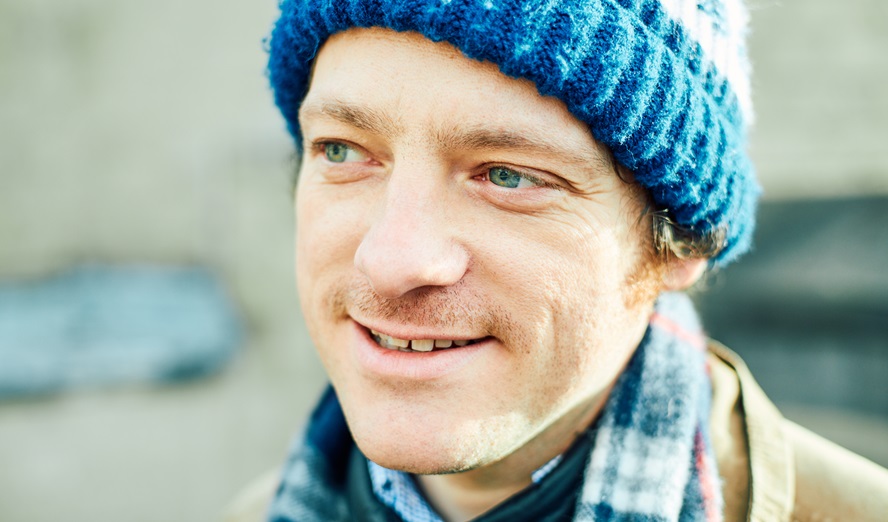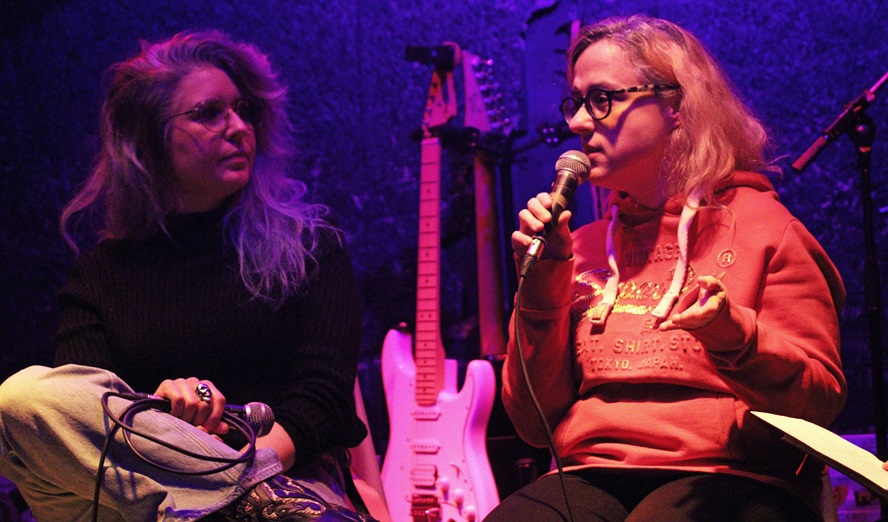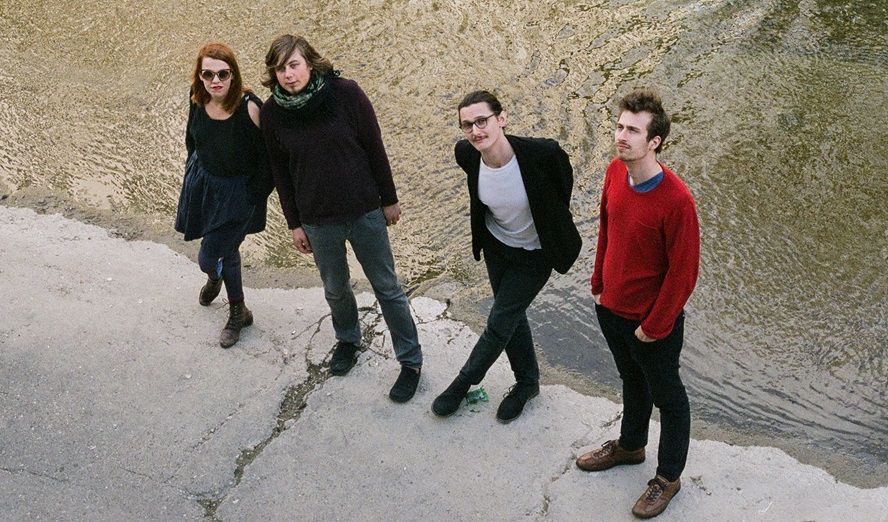skug: How and when did you start singing?
Burning Spear: I started in the music business in 1969. I mean I had been singin around with friends and so, but my first record was »Door peep« in 1969.
During your career the Jamaican music has known lots of changes…
Yes of course the music knew a lot of changes since that time and I myself have known lots of changes too basin‘ up in doin‘ what I have to do and I still continue from that time to this time.
Yes but you’ve never experimented to sing on another musical style?
No, there’s no other style I think I want to do. I think I just need to stay in this style I started with and which is very important for me. Of course there are a lot of people who change by doing other things basin‘ up on the music like style and stuff like that but I try to maintain mine.
Still talking about Jamaican music, what do you think of the return of roots music on your island after a long dancehall era?
Well the roots was the original and I’ve always been thinkin‘ that the roots should be stronger and that the stronger the roots is, the more international recognition our music will get.
Yes but does it symbolize that the Jamaican youth are more conscious today?
Well, it’s up and down. The younger people of this generation possibly see the music different from how I saw it when I just started so only Jah knows
Could you please describe me the political situation in Jamaica today?
Well I’m not too in touch with the political situation as a musician who really focus on music with the people. That’s my duty, that’s my work…I try not to interfere with this political thing as a non-political person. I try to keep my way straight by just focusing on music with the people. There’s no problem basin‘ up on me and my music to be honest. Right about now I’m not livin‘ in Jamaica to be truthful but in New York. Political situation is everywhere. It’s not like… it’s Jamaica! A lot of people think that Jamaica is so political and we as musician coming out of Jamaica should be political also. But I don’t think we should mix the music with the political atmosphere and the political scene. Musicians must always think as a musician, behave as a musician and work as a musician. Godless people want to turn our music to be political but it’s not our duty to get into that.
Now comin‘ to your new album »Our music«, could you please resume it in a few words?
Well »Our music« is more like a social aspect tryin‘ to explain a lot of social things to the people when dem should be movin‘ more polite against each other. Less negativity and more positiveness!
Why did you call your album »Our music«? What is the real signification of this title?
»Our Music« it’s our music, it’s not like my music or your music, it’s all the people music (laughs) you know? And what I’m tryin‘ to say is that sometimes it’s good when you as an artist can share something with the people basin‘ up on where we’re comin‘ from and the things we’ve been dealing with the music. And many times the record company will be dealin‘ with the artist not doin‘ it the way they should do it. And the artist is never been treated fairly. Sometimes they’re thinkin‘ that we gonna loose the music and we always gonna depend on them to protect our music and always be there for us and it’s not like that. So I have no intention to give this music up to people like those. And I’m not goin‘ to walk away from it. And I’m not gonna call them on the phone askin‘ them for no long. That’s the way they behave and that’s the way they set things up and put you in a very shaky position.
This new album has been recorded in Jamaica like all your albums?
No it’s the first album recorded in New York in a studio called Magic Shop. It’s in the city, Manhattan.
In this album you’ve forgotten the social aspect during just one song »Fix me«. Is it your first love song?
No, I wrote many love songs but my love songs are different, it’s really deep. It’s not just talking about I love you (laughs). It’s more than that. It’s a big concept around my love songs that I’ve been doin‘ for a good while now.
During all your tours you must have listened and met lots of new reggae bands and artists born from the worldwide reggae explosion. In the 70’s, when you’ve known your biggest success in Jamaica, could you expect that reggae music could develop so much and that today you would see blond dreadlocks with blue eyes singin‘ Reggae?
In the 70’s it was just the start of the big future development of reggae music. It started there and developed itself in places like France and other places throughout Europe. This music sends a message to the world and the world accepts the message and tries to live of the message. That’s why today you see so many dreadlocks carryin‘ different colours, different nationality, different religion, but it’s alright cause we’re all Jah people together!
